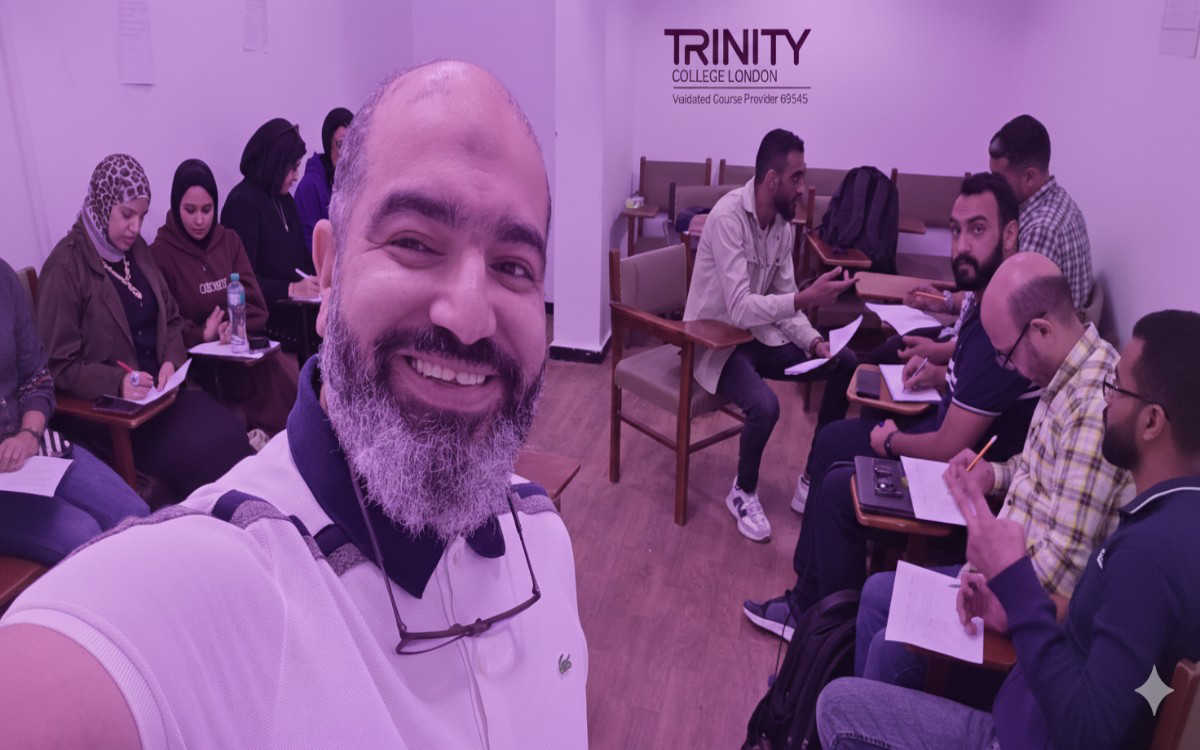
Inspirational journeys
Follow the stories of academics and their research expeditions
The Rise of Social Media Fame Among English Teachers: A Hollow Obsession?

In recent years, a troubling trend has emerged within the English Language Teaching (ELT) community—teachers who prioritise social media fame over genuine professional development. Platforms like Instagram, TikTok, and YouTube have given rise to a new breed of “celebrity teachers,” individuals who accumulate thousands—sometimes millions—of followers by posting flashy, oversimplified content. While social media can be an excellent tool for engagement and sharing knowledge, many of these influencers are more focused on likes and views than on advancing their actual teaching skills.
For many English teachers, the appeal of social media fame is undeniable. It promises easy validation, financial incentives, and a sense of authority without the rigorous demands of real professional growth. A well-edited video with an engaging thumbnail can attract more attention than a well-researched article or a solid teaching qualification. In an era where digital engagement often outweighs actual expertise, these self-proclaimed “teaching gurus” thrive.
However, the ease of gaining followers through catchy videos and viral trends has led to a dangerous misconception: that online popularity equates to pedagogical expertise. Many of these influencers offer generic tips, catchy phrases, and often misleading information about language learning, creating a shallow and misleading representation of what quality English teaching actually entails.
The biggest issue with this social media craze is that it often breeds laziness when it comes to real professional development. Many of these so-called “famous teachers” lack proper training, avoid serious academic study, and ignore research-based methodologies. Instead of attending teacher training programs, engaging in reflective practice, or obtaining internationally recognised certifications such as CELTA or DELTA, they rely on surface-level knowledge that appeals to those unfamiliar with genuine ELT principles.
This creates a paradox where these social media influencers become “teachers” without truly understanding the field. They attract large audiences who don’t know any better—often learners who assume that a popular influencer must be a great teacher. Meanwhile, real teaching organisations, such as established language schools and training centres, rarely take these figures seriously. Without proper qualifications and experience, most of these influencers find themselves unable to secure jobs in reputable institutions.
One of the most unfortunate consequences of this trend is the cycle it creates: uninformed students follow unqualified teachers, reinforcing bad practices and ineffective learning methods. Many learners are drawn to entertaining videos rather than structured learning, mistaking charisma for competence. This leads to a situation where social media fame replaces actual teaching ability, resulting in learners who remain stuck in ineffective learning habits.
Additionally, teachers who genuinely dedicate themselves to professional development—those who pursue further training, engage in research, and refine their teaching methodologies—often find themselves overshadowed by the sheer visibility of social media influencers. As a result, quality education becomes a secondary concern, replaced by viral trends and shallow engagement strategies.
Despite their online popularity, many of these social media influencers struggle to land jobs at reputable language institutions, universities, or corporate training programs. ELT employers look beyond the number of followers and focus on tangible qualifications, teaching experience, and pedagogical knowledge. This means that while an influencer might boast a massive online audience, they often remain unemployable in serious teaching contexts.
Moreover, those who rely solely on social media fame often find that their influence is fleeting. The online world moves fast, and trends change quickly. Without solid teaching credentials and continued professional growth, these individuals risk fading into obscurity once the social media hype shifts.
This is not to say that social media is inherently bad for teachers. In fact, many qualified and experienced educators use these platforms to share valuable insights, promote reflective teaching, and build professional learning communities. The key difference is that these individuals prioritise substance over superficiality.
Teachers who wish to engage with social media should see it as a tool rather than a shortcut. Investing in professional development, gaining reputable certifications, and continuously refining teaching skills should come first. Only then can an English teacher authentically contribute to the field while also leveraging social media for meaningful educational impact.
The rise of social media fame among English teachers is a double-edged sword. While it provides visibility and opportunities for engagement, it has also led to a troubling decline in professional standards. The obsession with likes and followers should never replace the pursuit of real expertise.
At the end of the day, the best teachers are not the ones with the most viral videos, but those who remain committed to lifelong learning and genuine educational impact. Those who prioritize substance over spectacle will always have a place in real teaching institutions—while those who chase empty fame may find themselves stranded in the digital void, admired by many but respected by none.
Tags:
English teachers social media fame ELT influencers professional development teacher training CELTA DELTA teaching qualifications online teaching trends edutainment ESL teaching TEFL certification language learning fake teachers influencer culture teaching jobs reputable institutions pedagogical expertise teaching methodologies teacher credibility0 Comments
Categories
- Britishey News 28
- Language Analysis 26
- Crazy English 15
- Professional Development 13
- TQUK TEFL Assignments 11
- Laugh & Learn 10
Recent posts





Leave a comment